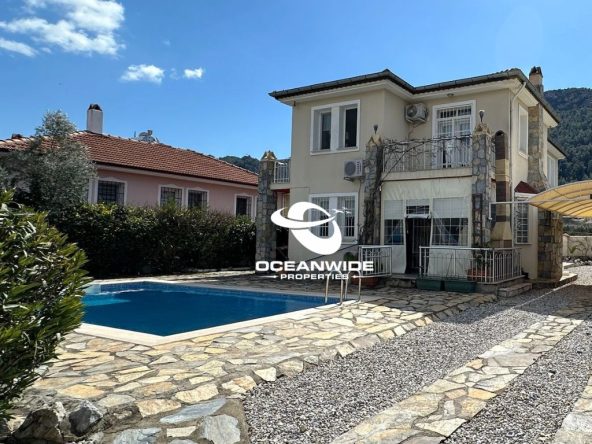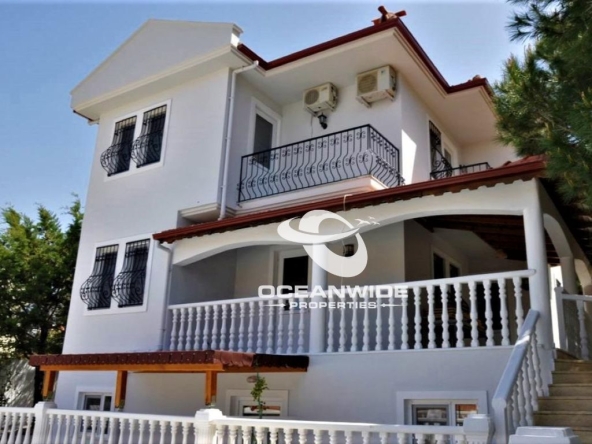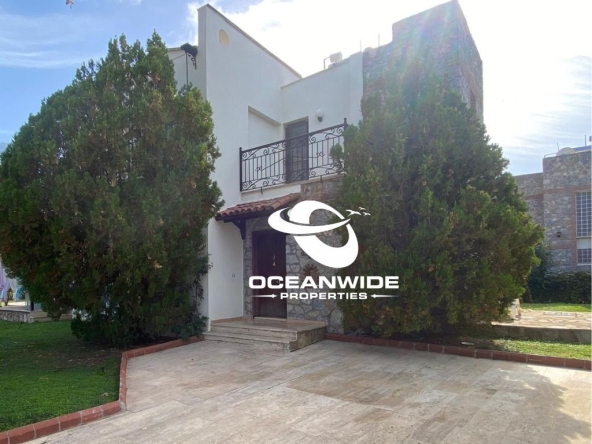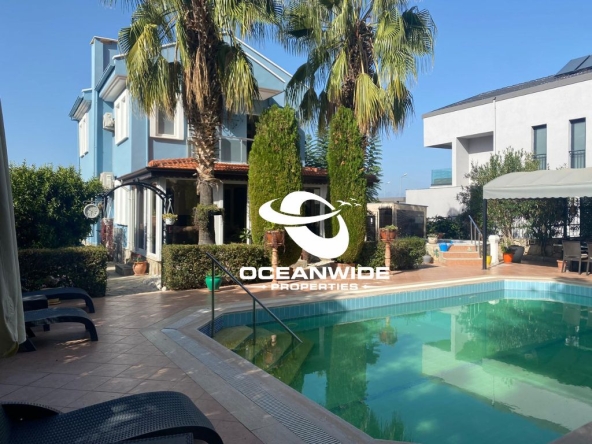





Properties For Sale
- Villa
- £485,000
4 Bed High Quality Family Villa For Sale In Ovacik (OWP46485)
Ovacık, Ölüdeniz, Fethiye/Muğla, Türkiye- Beds: 4
- Baths: 4
- 220 m2
Contact us
Please quote property reference
Oceanwide Properties - 46485
- Villa
- £380,000
Luxury 4 Bed Mountain View Villa (OWP48892)
Ovacık, Ölüdeniz, Fethiye/Muğla, Türkiye- Beds: 4
- Baths: 4
- 170 m2
Contact us
Please quote property reference
Oceanwide Properties - 48892
- Villa
- £295,000
Private 4 Bedroom Spacious Villa (OWP48761)
Üzümlü, Yeşilüzümlü, Fethiye/Muğla, Türkiye- Beds: 4
- Baths: 3
- 160 m2
Contact us
Please quote property reference
Oceanwide Properties - 48761
- Villa
- £245,000
Exclusive Village Complex, Private 3 Bedroom Villa (OWP48349)
Yanıklar, Fethiye/Muğla, Türkiye- Beds: 3
- Baths: 3
- 31636
Contact us
Please quote property reference
Oceanwide Properties - 48349
- Villa
- £400,000
Mountain View 5 Bedroom Villa (OWP48168)
Hisarönü, Ölüdeniz, Fethiye/Muğla, Türkiye- Beds: 5
- Baths: 5
Contact us
Please quote property reference
Oceanwide Properties - 48168
- Villa
- £425,000
Oludeniz 3 Bedroom Private Villa For Sale (OWP48135)
Hisarönü, Ölüdeniz, Fethiye/Muğla, Türkiye- Beds: 3
- Baths: 3
- 165 m2
Contact us
Please quote property reference
Oceanwide Properties - 48135
- Villa
- £475,000
Private 4 Bedroom Villa With Large Garden Oludeniz (OWP48110)
Ovacık, Ölüdeniz, Fethiye/Muğla, Türkiye- Beds: 4
- Baths: 4
- 160 m2
Contact us
Please quote property reference
Oceanwide Properties - 48110
- Villa
- £580,000
4 Bedroom Villa For Sale Gocek (OWP47891)
Göcek, Fethiye/Muğla, Türkiye- Beds: 4
- Baths: 3
- 170 m2
Contact us
Please quote property reference
Oceanwide Properties - 47891
- Villa
- £350,000
4 Bedroom Private Villa Ovacik (OWP47845)
ovacik fethiye turkey- Beds: 4
- Baths: 5
- 190 m2
Contact us
Please quote property reference
Oceanwide Properties - 47845
Property Area Search.
Welcome to Oceanwide Properties, your best choice for real estate services in Turkey. With years of experience in the industry, we pride ourselves on providing exceptional service to our clients, helping them find their dream properties and navigate the real estate market with ease. At Oceanwide Properties, we specialize in real estate transactions in various regions, offering buying, selling, and rental services. Our expertise spans across several popular areas, including:
Fethiye and Surrounding Areas: Known for its stunning coastline and rich history, Fethiye is a sought-after destination for property buyers. We offer a wide range of properties in Fethiye and its surrounding areas, including Ovacık, Hisarönü, and Çalış Beach.
Antalya (Kaş and Kalkan): Antalya is famous for its picturesque landscapes and vibrant lifestyle. Our listings in Antalya, particularly in Kaş and Kalkan, feature luxurious villas, apartments, and holiday homes.
Bodrum: Bodrum is a gem on the Aegean coast, attracting visitors with its charming atmosphere and beautiful beaches. We have a selection of properties in Bodrum, ranging from waterfront villas to modern apartments.
Istanbul: As Turkey’s cultural and economic hub, Istanbul offers a diverse range of real estate opportunities. Whether you’re looking for a historic property in the city center or a modern apartment overlooking the Bosphorus, we can help you find the perfect match.
Northern Cyprus: With its stunning beaches and relaxed lifestyle, Northern Cyprus is an ideal destination for property investment. Our listings include beachfront villas, seaside apartments, and investment properties.
We understand that buying or selling a property can be a complex process. That’s why our team of experienced agents is here to guide you every step of the way. From property search to negotiation and closing, we ensure a smooth and hassle-free experience for our clients.
Whether you’re looking for a vacation home, an investment property, or a permanent residence, Oceanwide Properties has the expertise and resources to help you achieve your real estate goals. Explore our listings today and start your journey towards owning your dream property in Turkey or Northern Cyprus.









